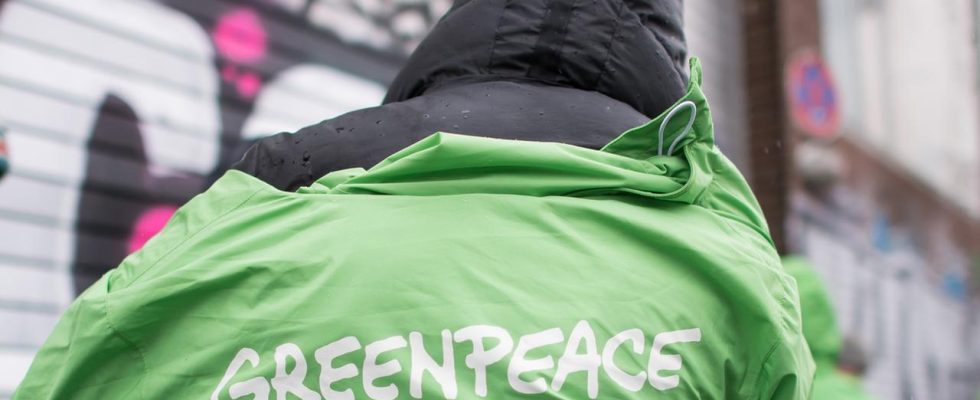Russia has already classified a number of non-governmental organizations as “undesirable”. Now it also hit the environmental protection organization Greenpeace. The activities of the NGO are thus de facto forbidden.
Russia has declared Greenpeace an “undesirable organization”. The organization tried to interfere in the internal affairs of the state and engaged in anti-Russian propaganda by demanding sanctions against Russia, the Russian Prosecutor General’s Office justified its decision.
Greenpeace is a “threat to the foundations of constitutional order and security,” the statement said. The organization based in the Netherlands is also striving for an “unconstitutional overthrow”. Accordingly, the activities of the international non-governmental organization were classified as “undesirable on the territory of the Russian Federation”.
According to the statement, Greenpeace has also been accused of undermining the country’s economic foundations and funding Russian organizations that have been classified as “foreign agents”. In addition, Greenpeace would regularly campaign against the implementation of “profitable infrastructure and energy projects” for Russia.
NGO for more than 30 years in Russia
The Greenpeace branch in Russia, which opened in 1992, fights in particular for more awareness of the dangers of climate change, against forest fires and pollution and for the conservation of endangered species in the country.
Russia had already initiated criminal proceedings against Greenpeace activists in 2013. The background was an attempt to board an oil rig owned by the state energy giant Gazprom in the Arctic Ocean to protest against oil production in the Arctic.
In addition, environmental activists from Greenpeace tried last year to prevent a tanker from delivering Russian oil to Norway. According to the environmental organization, the activists chained themselves to the ship in protest against the Russian war in Ukraine. According to the company, the tanker was in front of the Exxon Mobile oil terminal about 70 kilometers south of Oslo.
Suppression of critical voices is increasing
Numerous NGOs committed to civil society or the environment complain of political persecution by the Russian authorities. Since the start of the Ukraine offensive at the end of February last year, this has increased again. Independent media and civil rights or human rights groups have been disbanded, and most opposition leaders are in prison.
In March, the environmental protection organization WWF was classified as a “foreign agent”, which makes activities in the country very difficult. In addition to Greenpeace, the public prosecutor’s office had declared Transparency International and the Sakharov Foundation as “undesirable” this year.
Organizations classified as “undesirable” are banned from opening branches in Russia, carrying out projects or disseminating information. Those who work with them face criminal prosecution. The classification as “undesirable” often serves as a preliminary stage for a complete ban by the Ministry of Justice.

